Gallery

|
|

Fantasia
1940
|

Lascaux Caves
discovered, 1940
|

Wonder Woman,
1941
|
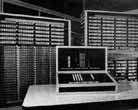
Konrad Zuse's Z3
1941
|
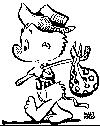
Pogo
1941
|
|
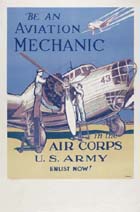
Recruiting poster
1942
|
|

Edward Hoppers's
Nighthawks,
1942
|
|

John Rogers Cox's
Gray and Gold,
1942
|

Casablanca
1943
|

Howdy Doody
1947
|
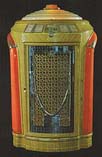
Jukebox
1948 |
|

Matta's
Wound Interrogation,
1948
|

45 rpm record player
1949
|
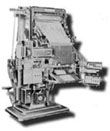
Phototypesetter
for offset printing
1949
|


